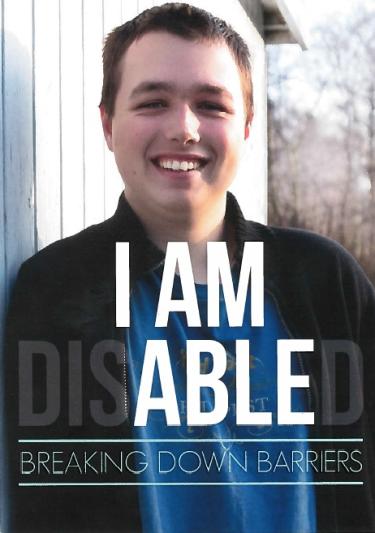Module 2: PLANNING STUDIES ABROAD
5. Mobility support for people with disabilities
 Study abroad with functional variation/special needs
Study abroad with functional variation/special needs
Students with special needs still make up a very small part of the total number of mobile students, at least if we take a look at how many actually receive the extra grants that are available to make it easier to travel abroad for participants with functional variation. However, there is help to be found both in terms of adapted education and finances.
Up to 100 percent financing
Both the Erasmus + and the Nordplus programmes offer special financial support for participants with functional variation. Up to 100 percent financing is available for all additional costs that may arise. It is for example possible to receive a grant to cover costs for different types of practical support measures, such as an accompanying person, for an adapted apartment or for travelling to the study destination in advance to get to know the surroundings.
In addition, in some countries, it is also possible to apply for extra funding from the national organisation that normally provides grants and loans for studies.
A good example on Special needs grants can be found in Finland. For more information, click here.
Other kind of support
In a study from The Swedish Council for Higher Education, it could be seen that the most common form of support offered for students with special needs who want to participate in international exchange programs is a contact person, which two thirds of all higher education institutions in Sweden do.Those who are entitled to personal assistance might be entitled to keep this support when studying in another country within the EU / EEA. This has to be checked with relevant national authorities.
In general, it seems that it is now rarely a major concern for European universities to accept students who are dependent on wheelchairs, but significantly fewer have the resources in place to be able to help students with visual and hearing impairments. Challenges therefore exist on several different levels and one of the most difficult is to get sign language interpretation.
Planning is the key
To start planning well in advance is a key for a successful time abroad for all students and especially for those with special needs.
A start could be to establish contact early on with the coordinator for exchange studies at the university or any other educational institution, to inform them about the study plans, and to describe the disability and how it affects the study situation. What kind of pedagogical support is needed? It might also be important to bring documentation from e.g. a speech therapist or a doctor, which proves and describes the permanent disability.
There are also many practical issues to take care of, for example:
- How to arrange for accompanying persons, transport, physiotherapy, psychologist, wheelchair, or a personal computer with customised programs?
- Can adaptation of the home be offered in the destination country if needed? Is there anyone who can meet at the airport and accompany to the home?
- What Insurances are needed?
A short film by Nordic Welfare Centre about studying abroad with disability:
Getting a specific Erasmus+ grant to cover additional costs due to disabilities can make all the difference, as Inga Björk from Iceland talks about here: